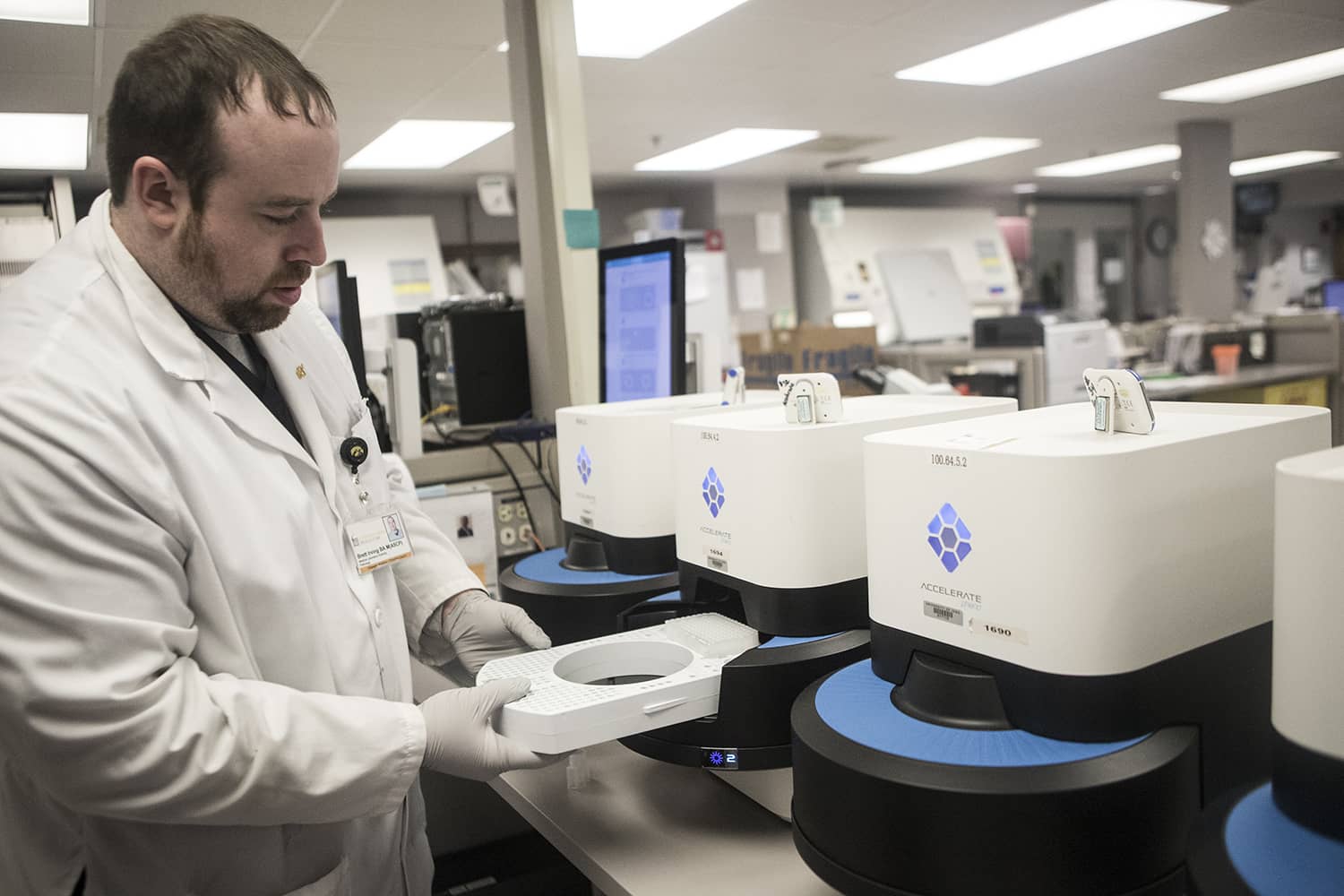Sepsis occurs when the immune system of your body works working overtime to fight against infection. Also known as septicemia, huge number of chemicals is produced into the blood during this procedure that set off extensive inflammation. This might be the reason for severe damage to the organ. If there is blood clotting during sepsis, then this decreases the flow of blood to internal organs and limbs thus, depriving them of oxygen and nutrients. However, one or more organs might fail to function in extreme cases.
Sepsis may cause a life-threatening drop in blood pressure in worst cases and it is advised to see a doctor for this “septic shock.” It can be the reason for the failure of several organs such as – kidneys, liver and lungs. You may perform blood culture tests that detects for foreign attacks such as – bacteria, virus, yeast and other micro organisms present in your blood.
Ways to Prevent Sepsis Infection
Causes and risk factors of sepsis
Bacterial infections are quite common to be blamed though sepsis may also occur from other infections. It can start when bacteria or viruses enter your body and sometimes occur due to a minor as nicked cuticle or a scraped knee. If you have serious medical problem such as appendicitis, meningitis, pneumonia, or urinary tract infection, then you are at greater risk.
If you have a bone infection known as osteomyelitis, then this can cause sepsis. The bacteria that trigger sepsis may enter your body through IV lines, bed sores, surgical incisions and urinary catheters for hospitalized people.
Certain groups of people are at higher risk that can get it and these include:
- People who have a weak immune system due to illnesses like AIDS/HIV or cancer
- People who take drugs that suppress immune system like steroids and those used to avoid rejection of transplanted organs
- Young babies
- Elderly people with other health problems
- People who have been hospitalized and had major surgeries
- People who are suffering with diabetes
Symptoms of sepsis
Since it can start from different parts of the body, this disease can have various symptoms. The initial signs include confusion and quick breathing . Other common signs are the following:
- Fever and chills
- Low body temperature
- Peeing less than normal
- Rapid pulse rate
- Quick breathing
- Diarrhea
- Nausea and vomiting
Treatment for sepsis
If your doctor thinks you have sepsis, he will conduct a thorough examination and perform necessary tests for the following:
- Bacteria in the blood or other bodily fluids
- Source of the infection such as an X-ray, ultrasound or CT scan
- High or low white blood cell count
- Low platelet count
- Low blood pressure
- Too much acid in the blood or acidosis
- Altered liver or kidney function
If you are having sepsis, then the doctor will probably ask you to get admitted in the intensive care unit (ICU). He will try to stop the infection, keep the organs functioning and regulate your blood pressure.
Once the doctor knows the reason for sepsis, he will prescribe you certain medications that mainly target this particular virus. He will also ask you to undergo blood tests in London and know if you are suffering from sepsis. Often, the doctors prescribe vasopressors to improve your blood pressure.
Thus, if your case is severe, then you will require performing other kinds of treatment such as – kidney dialysis or breathing problem. Sometimes, you may even need to perform a surgery for cleaning all the infection quickly.









